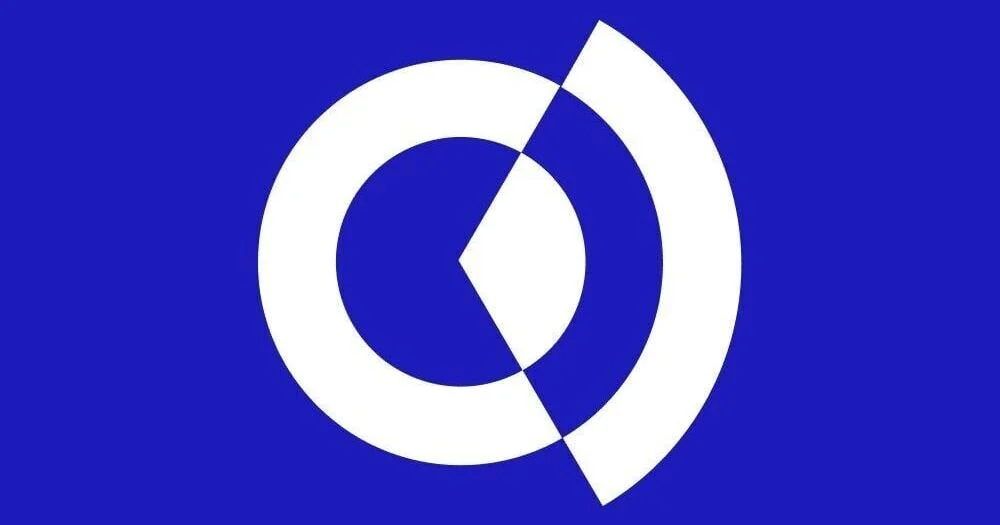As the line between authentic and AI-generated content continues to blur, the need for reliable verification solutions has grown urgent. This demand has led to the emergence of companies like OpenOrigins, a London-based startup founded in 2021, which is making waves in digital media verification through blockchain technology. Recently, the company secured $4.5 million in seed funding from Galaxy Interactive, marking a major milestone in its journey to combat fake media on a global scale.
Revolutionizing Content Verification with Blockchain:
OpenOrigins offers a unique solution to the deepfake crisis, using blockchain technology to validate digital content, ensuring its authenticity. Their software can be integrated directly into cameras and mobile devices, capturing photos and videos with a verified timestamp and location, proving they were human-generated. This point-of-capture verification technology creates a secure, blockchain-backed record of authenticity on the Hyperledger blockchain, an Ethereum-based, open-source framework.
Co-founder Manny Ahmed, a former Cambridge University PhD student who initially built one of the first deepfake detectors, pivoted toward an authentication-based approach. “We’re not focusing on what’s fake. Instead, we’re ensuring what’s real,” Ahmed explained. OpenOrigins doesn’t rely on detection algorithms; instead, it leverages data points to validate the originality of content. This distinction is essential in a world where detection tools often help AI learn to create even more convincing fakes.

Expanding Into New Markets and Partnerships:
Already collaborating with U.K.-based media production giant ITN, OpenOrigins plans to use its recent funding to establish a presence in the U.S. and India. The expansion is aimed at making real-time verification solutions accessible to newsrooms worldwide, helping to combat misinformation at scale.
One of the notable features of OpenOrigins’ software is its ability to comb through extensive archives, verifying the authenticity of existing content—a significant advantage as organizations seek to build trustworthy archives in the face of AI advancements.
Securing the Digital Future Across Industries:
While OpenOrigins initially targets the news industry, the applications of its technology are wide-ranging. Co-founder Ari Abelson points out potential use cases in insurance, online dating, and video conferencing. The company also plans to launch a marketplace where verified data can be licensed to AI training organizations, further embedding authenticity in the AI ecosystem.
Compared to other players in the verification space, OpenOrigins stands out for its scalability and ability to authenticate both live and historical content. “We’re securing internet content in a way that maintains its evidentiary value,” says Abelson, highlighting OpenOrigins’ commitment to creating a secure digital future.
The Race Against Time:
The urgency behind OpenOrigins’ mission is underscored by the speed of AI advancement. Ahmed believes there’s a limited window to secure digital archives before AI-generated media becomes indistinguishable from reality. “It’s going to be really hard to retroactively trust archives as AI sophistication increases,” he warns.
With a growing commercial team and expansion underway, OpenOrigins is well-positioned to lead the charge in safeguarding digital authenticity, addressing one of the most pressing challenges of the digital age.

Pooja is an enthusiastic writer who loves to dive into topics related to culture, wellness, and lifestyle. With a creative spirit and a knack for storytelling, she brings fresh insights and thoughtful perspectives to her writing. Pooja is always eager to explore new ideas and share them with her readers.